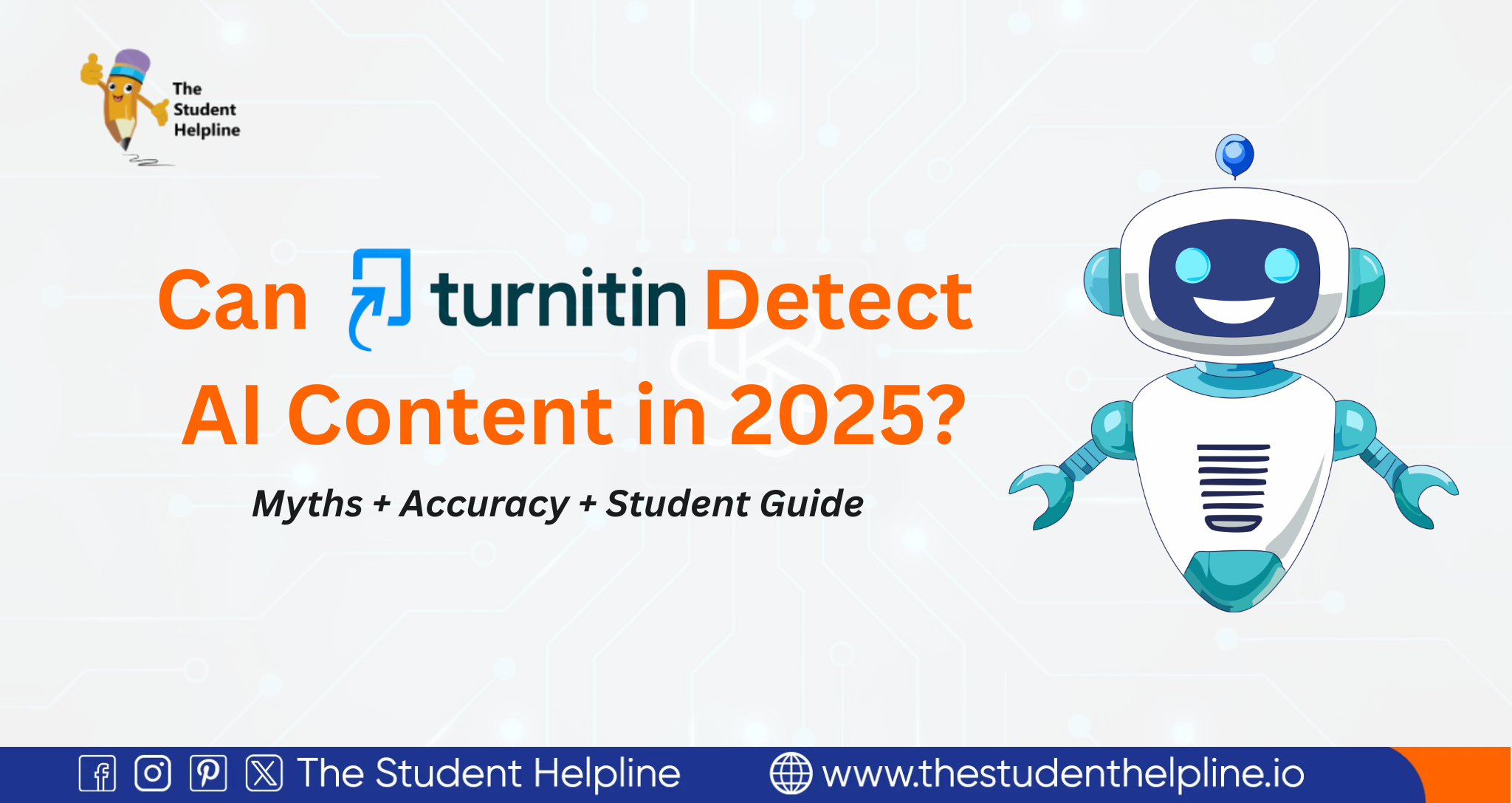Introduction
The changing landscapes, technologies and market forces have brough various changes in the accounting profession, The recent trends in accounting have been driven by the evolving technologies that has led to an increased trend towards automating the accounting tasks. There are many drivers of change in the accounting profession but technological innovations can be regarded as the major development impacting the future of accounting. The accounting professionals need to develop and acquire skills for applying the recent technological advances in the field of accounting (Contessotto, 2022). In this context, this report is developed for the purpose of analysing the future of technological innovations for accounting professions and the rise in the ethical concerns for them associated with such developments. Also, it explores the various career opportunities presented by such developments for the accountants.
Role of Accounting and Accountants in Rapidly Changing Business World
The rapidly evolving technologies have major implications to the field of accounting and accountants. The accounting tasks are computerised with using less spreadsheets and adopting the use of software packages for improving the speed of processing the accounting transactions (Heele, 2019). For example, the introduction of artificial intelligence has disrupted the field of accountancy by enabling the automation of accounting transactions such as procuring, purchasing, invoicing, accounts payable or receivables. There has been also increasing level of regulations that impacts the accountant’s work. As such, the use of cloud computing in accounting has led to the availability of accounting records at any time. Similarly, the use of blockchain technology is impacting the work of accountants to create digital ledgers and conducting real-time transactions to minimise time and costs (Contessotto, 2022).
It enables the accounting transactions to be easily tracked and recorded and thus can minimise fraud and money laundering activities. The use of recent accounting software packages such as Xero, Freshbooks and others have also caused major changes in the field of accounting to process the accounting transactions. It can be said that the use of such recent technologies in accounting have changed the dynamics of this field to a large extent (Busulwa and Evans, 2021). This has also led to the increasing need for qualified accounting professionals who can implement, interpret and analyse accounting data on the basis of such recent technological advances. Their role is gradually changing with great expectations from them to integrate the accounting technologies and creating competence for businesses. They need to keep themselves updated with the changes on accounting regulations and creating effectiveness for the organisations by the use of accounting technologies from traditional book keeping methodologies(Heele, 2019).
Compilation of Financial Statements and Annual Reports for Facilitating Well-Informed Decision-Making
The accountants are adopting the use of innovating accounting technologies for optimising the process of financial reporting and analysis. This had enabled in minimising the accounting error by introducing automation. The use of automated reporting and analytic tools for compilation of financial statements results in reducing the accounting errors and minimising the possibility of occurrence of frauds (CPA Practice Advisor, 2019). The external certified public accountant holds the responsibility for compilation of financial statements. The business organisations tend to provide accounting data to the accountants in the form of entries, ledgers, journals and trial balances and accountants converts them into the financial statements. The complied statements have not been audited or certified by the accountant. As such, an accountant tends to only compile the financial statement but does not verify their accuracy. The accountants are increasingly adopting the use of accounting software for compiling the financial statements to reduce the possibility of occurrence of error as they are not audited. Automation and machine leaning have changed the ways accounting professionals develops and reports the financial transactions. The real-time financial reporting and accurate forecasting provides businesses greater insights into their profitability and efficiency. Therefore, it can be said that accountants can improve the accuracy of complied financial statements by the use of recent technological innovations. The financial documents used by the accountants for evaluation of the financial performance need to compile with the generally accepted accounting principles (GAAP) or International Finance Reporting Standards (IFRS). The finance assignment and accounting teams need to have knowledge of the recent trends, changes, updates or rules and regulations for ensuring compliance of financial statements (AICPA, 2016).
Use of Current Financial Reporting Mechanism to Identify, Analyse and Solve the Business Issues and Problems
The financial reporting by business organisations enables the finance assignment teams and businesses for tracking and analysing the inflows and outflows of cash for assessing the cash flow risks. This would help in assessing that business has adequate cash flow for its future growth and development (Gilaninia et al., 2013). The key financial reports that are prepared by the accountants and their significance in identifying, analysing and resolving the business issues are stated as below:
-
Balance Sheet: It provides a glimpse of the financial health of an organisation at an instant of time. It gives an insight into the assets, liabilities and equity position of a company to the owners and thereby assessing the business risks and opportunities.
-
Profit and Loss Statement: It provides a depiction of the profit and loss position of a company during a specific period to the creditors and investors (Calzon, 2022).
-
Cash Flow Statement: This financial statement shows the position of cash and outlines the amount of cash generated by a business over a specific period of time. It provides insights into the liquidity and solvency position of a firm and thus determines the possibility of repayment to the lenders and investors.
-
Statement of Changes in Equity: The financial statements report the retained earnings of a company after meeting the dividends and as such facilitates the shareholders and investors to make informed decisions about the investments (Gilaninia et al., 2013).
Limitations with the Interpretation and Analysis of Financial Statements
The interpretation and analyses of financial statements are carried out to determine the financial strengths and weaknesses of a company. It is important to obtain relevant information for making informed decision making and developing corporate plans and policies (Peddina Mohana, 2021). However, there are also some limitations associated with financial analysis that are stated as below:
-
Misleading the User: The credibility of the information provided by the financial statements is dependent on its accuracy of preparation. The wrong preparation of the financial statements can lead to providing inaccurate information and thus can mislead the users in making decisions.
-
Limited Use in Planning: The AC5053 financial management statements are developed through the use of historic financial data and as such the information derived from such statements is not valid enough for strategic planning. There may be change in the value of assets and liabilities over time and as such information provided by the financial statements can be misleading (Broihahn et al., 2012).
-
Qualitative Information: The analysis of financial statement only provides quantitative information about the financial position of a company. It does not provide qualitative information such as satisfaction of customers, product quality and others that are also relevant for decision-making.
-
Lack of Comparability: The financial statements are prepared on the basis of historical data and as such it is nit possible to conduct comparative analysis of financial statements of several years due to the impact of information that can distort the views provided by the financial reports.
-
Inaccurate Judgement: The lack of accounting skills in the analysis of financial statements can lead to wrong judgements and conclusion about the financial position and performance of a company (Peddina Mohana, 2021).
Ethical Issues Faced by Accountants Due to Technology Advancement and Changing Accounting Environment
The accountants require professional competence to work in the digital environment as their actions have a large impact on the moral and ethical culture of organisations. The integration of accounting software or robots influences the professional judgement in the accounting professions for gathering, summarising and providing data for decision-making (Gunz and Thorne, 2020). The use of big data can provide a comprehensive view of the assets and liabilities conditions of a business to the end users. The financial transactions and accounting procedures becomes more transparent with the use of automated systems in accounting. As such, it can be said that adoption of automated systems in accounting will reduce the possibility of occurrence of human errors and provide misleading information to the end users. The use of technology in fraud detection and improving the accuracy of financial information has ethical benefits. However, there are also some ethical concerns related with the use of technology in accounting assignment due to new technologies inappropriately influencing the judgment or behaviour of a professional accountant (ACCA, 2020).
The misunderstanding between the accounting judgement and that provided by automation can impact the decision-making. There may be an ethical dilemma related with reporting of earnings to the shareholders with the use of new technology. Professional competence and due care are the two major ethical principles that can be compromised by the digital developments in the field of accounting. The lack of knowledge and expertise of the accountants related to the use of new technologies can hamper their decision-making. Professional accountants need to learn quickly the new information and applying their judgement to the information obtained rapidly by the use of automated technologies in processing accounting transactions (Gunz and Thorne, 2020). In addition to this, data breach is the most significant ethical consideration associated with the use of technologies in accounting domain. The effect of accounting data theft can lead to financial loss within an organisation and thus accountants need to be competent for securing database and as such they hold an ethical duty of confidentiality while using technologies to conduct accounting processes. The misuse of organisation data can lead to ethical issues of integrity, competence and due care on the part of an accountant. Thus, it can be said that professional accountants need increased ethical awareness while using new technologies to carry out the various functions of accounting (ACCA, 2020).
Future Skills And Areas of Demand in Accounting Profession
The outlook of the professional accountants is technology oriented with the evolving trends in the industry. There is more use of digital technologies as the companies are largely integrating the use of cloud-based systems for quick processing and reducing manual errors in the accounting information to stay competitive (CPA Australia, 2020). The accountants as such need to become more proficient in leveraging the use of technologies for interpreting and analysis of financial information to meet the needs of ends users. They need to be familiar with the use of relevant accounting software programs ad new technologies such as blockchain, artificial intelligence, use of big data and others to meet efficiently the organisational needs. Automation has become a key aspect in the accountancy processes nowadays.
Therefore, it has become increasingly important for the accountants to acquire the necessary skills to use such technologies and reduce the time involved in processing the accounting processes. They need to become tech savvy for performing administrative, managerial and analytical tasks with the use of digital technologies. The accountants need to be skilled for analysing big data to identify the future trends as they also play advisory role (Maryville University, 2023). They will also need to possess understanding of the integrating the use of data visualisation programs for translating the accounting data to offer insights for the senior management and facilitating their decision-making. The accounting professionals need to develop expertise for carrying out predictive analytics and forecasting of the accounting data obtained with the use of technologies to adequately advise the clients as well as business leaders (CPA Australia, 2020).
Conclusion
It can be inferred from the overall analysis held in the report that outlook of the accounting field is associated with the technological innovation to drive improvements in the accounting processes. The rapid developments in technologies are largely impacting the accounting profession and creating the need for accountants to become more technology oriented. The accounting professionals need to develop necessary skills for applying the technologies and also meeting the ethical considerations associated with their usage.
Must Read Also:- GSBS6130 Corporate Finance
References
ACCA. 2020. Accounting ethics in the digital age. [Online]. Available at: https://jobs.accaglobal.com/article/accounting-ethics-in-the-digital-age-ug/ [Accessed on: 26 January 2023].
AICPA. 2016. Compilation of Financial Statements. [Online]. Available at: https://us.aicpa.org/content/dam/aicpa/research/standards/compilationreview/downloadabledocuments/ar-00080.pdf [Accessed on: 26 January 2023].
Broihahn, M. A. et al. 2012. International Financial Statement Analysis. United States: Wiley.
Busulwa, R. and Evans, N. 2021. Digital Transformation in Accounting. United Kingdom: Taylor & Francis.
Calzon, B. 2022. The Importance of Financial Reporting And Analysis: Your Essential Guide. [Online]. Available at: https://www.datapine.com/blog/financial-reporting-and-analysis/ [Accessed on: 26 January 2023].
Contessotto, C. 2022. How technology is changing the future of accounting. [Online]. Available at: https://this.deakin.edu.au/career/how-technology-is-changing-the-future-of-accounting [Accessed on: 26 January 2023].
CPA Australia. 2020. THE IMPACT OF TECHNOLOGY ON THE DESIRED SKILLS OF EARLY CAREER ACCOUNTANTS. [Online]. Available at: https://www.cpaaustralia.com.au/-/media/project/cpa/corporate/documents/tools-and-resources/business-management/the-impact-of-technology-on-the-desired-skills-of-early-career-accountants.pdf [Accessed on: 26 January 2023].
CPA Practice Advisor. 2019. 3 Benefits Technology Brings to Financial Reporting & Planning. [Online]. Available at: https://www.cpapracticeadvisor.com/2019/07/02/3-benefits-technology-brings-to-financial-reporting-planning/34165/ [Accessed on: 26 January 2023].
Gilaninia, S. et al. 2013. The Importance of Financial Reporting and Affecting Factors on It. Arabian Journal of Business and Management Review (Nigerian Chapter) 1(10), pp. 70-78.
Gunz, S. and Thorne, L. 2020. Thematic Symposium: The Impact of Technology on Ethics, Professionalism and Judgement in Accounting. Journal of Business Ethics 167, pp.153-155.
Heele, K. 2019. The Changing Role of Accounting. [Online]. Available at: https://www.nsacct.org/blogs/kent-heele/2019/07/04/the-changing-role-of-accounting [Accessed on: 26 January 2023].
Maryville University. 2023. The Future of Accounting: Demand and Evolving Technology. [Online]. Available at: https://online.maryville.edu/blog/future-accounting/ [Accessed on: 26 January 2023].
Related Topics to Accounting and Finance



 Australia
Australia USA
USA United Kingdom
United Kingdom Canada
Canada Malaysia
Malaysia Singapore
Singapore Hong Kong
Hong Kong Qatar
Qatar UAE
UAE Saudi Arabia
Saudi Arabia Kuwait
Kuwait Bahrain
Bahrain Oman
Oman Jordan
Jordan New Zealand
New Zealand Ireland
Ireland











